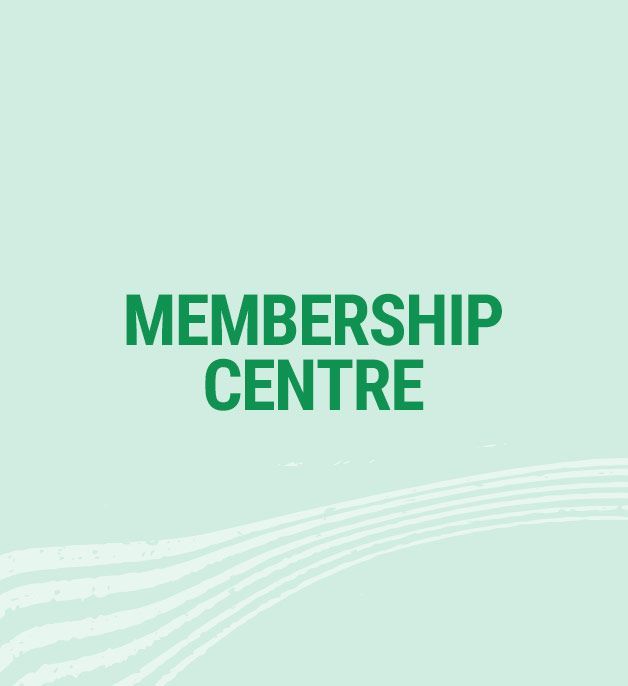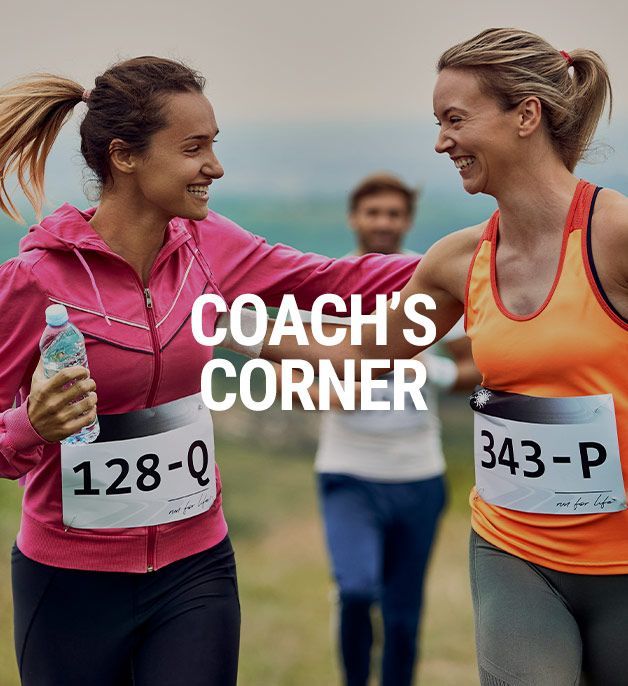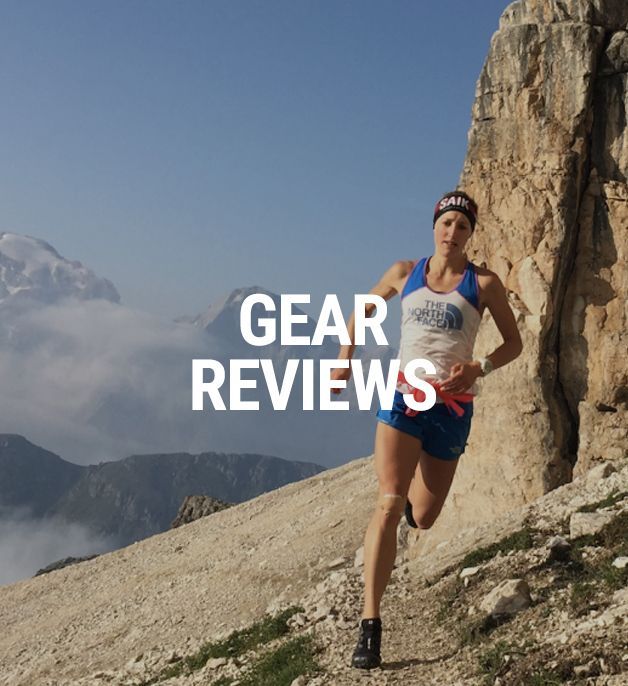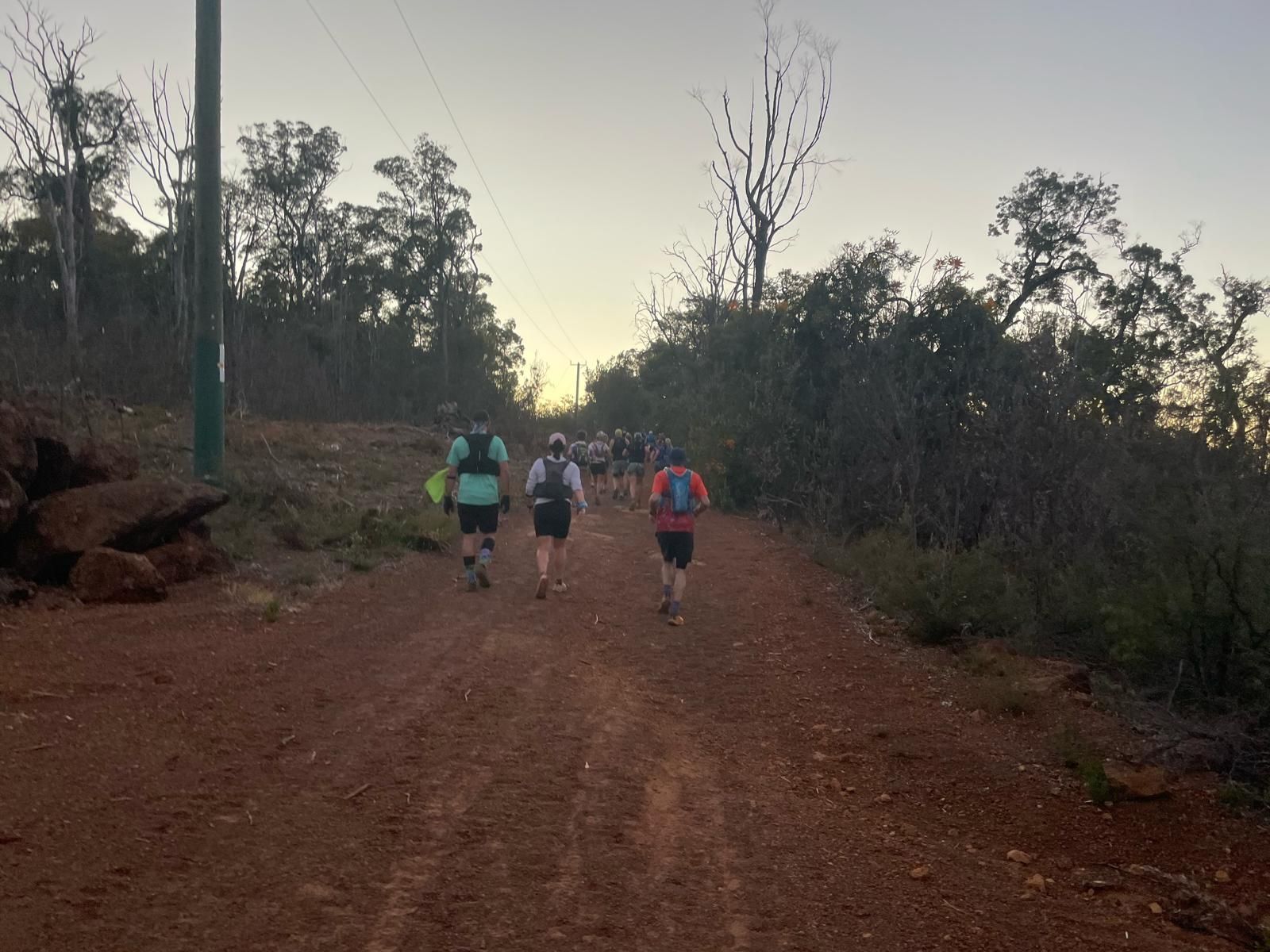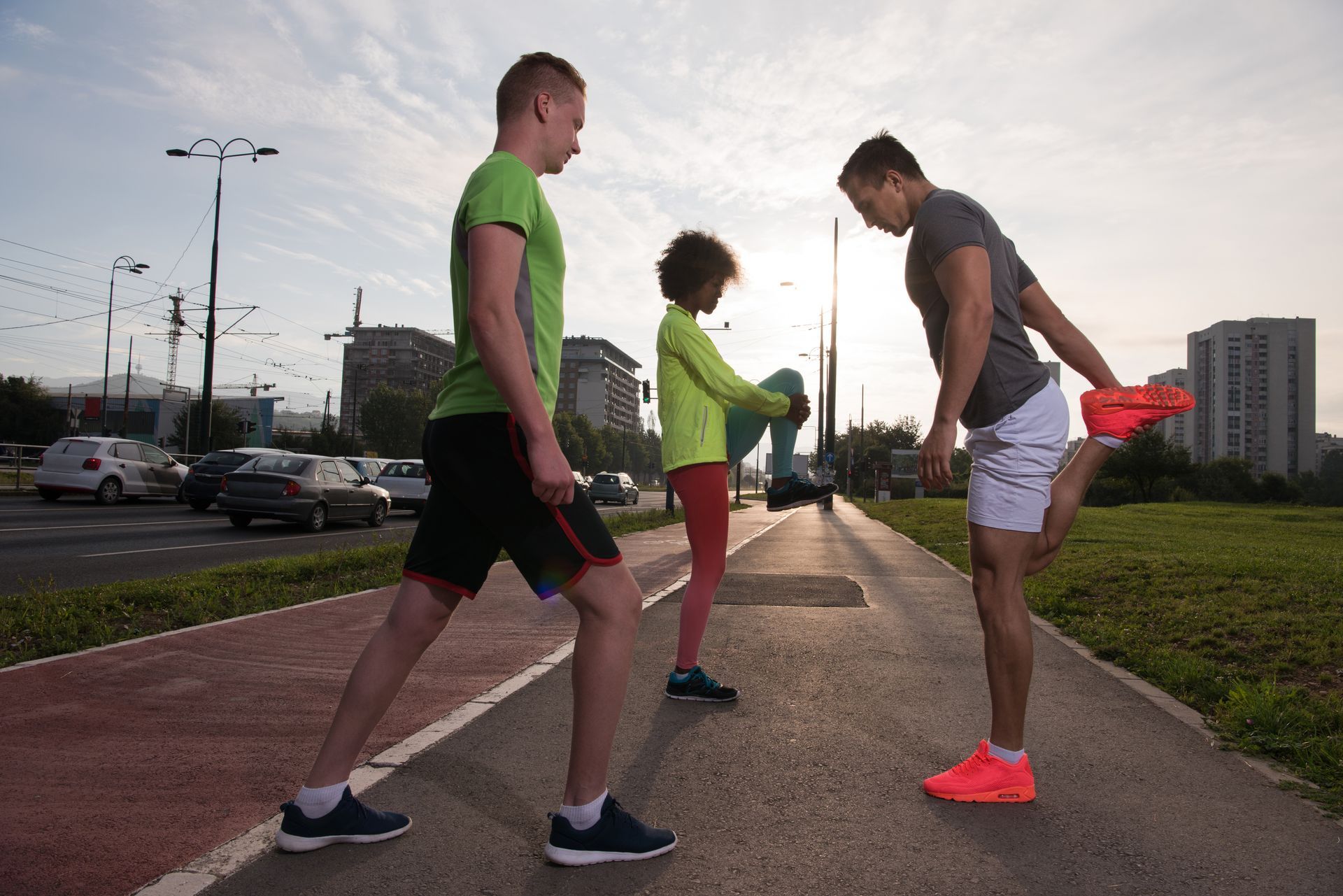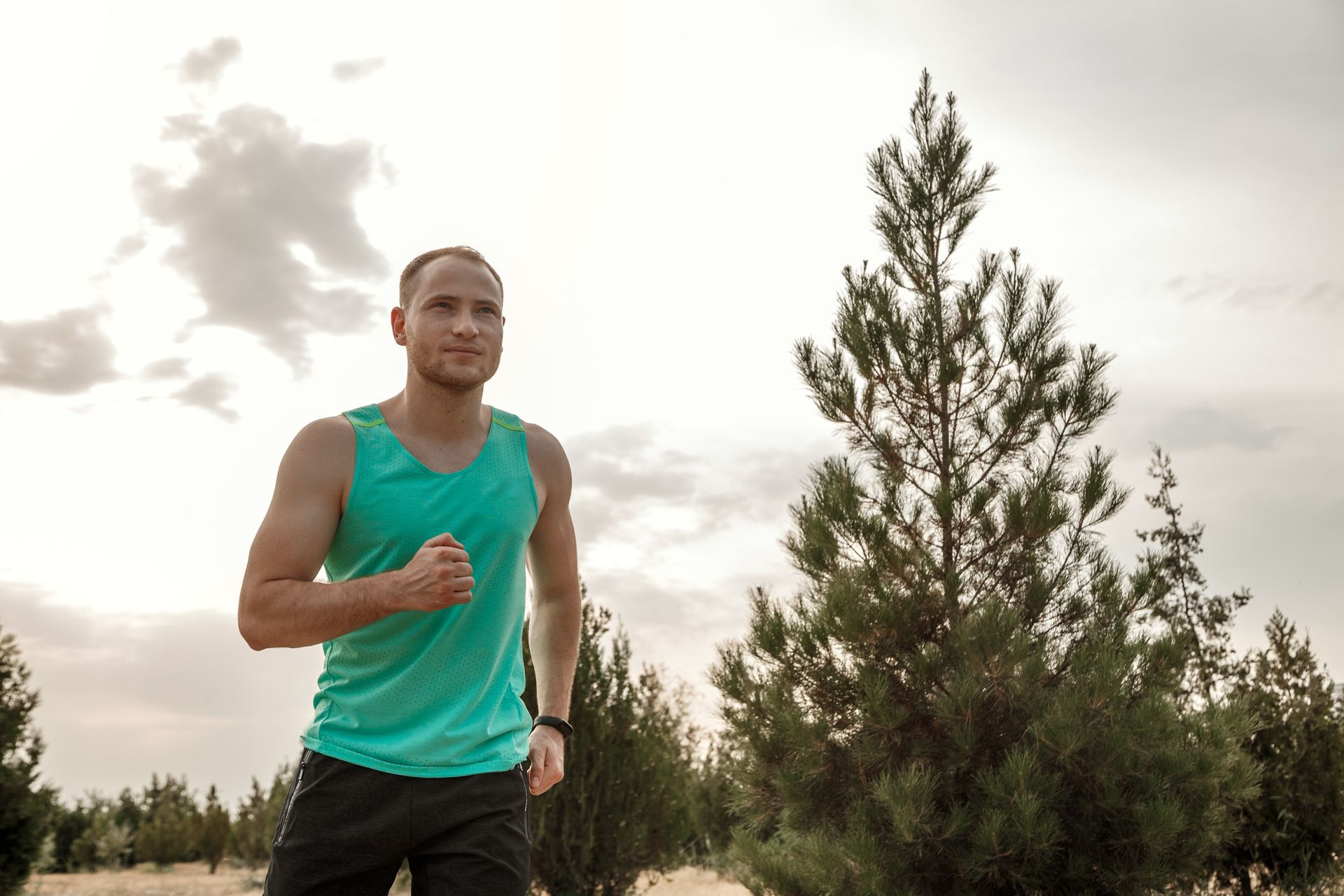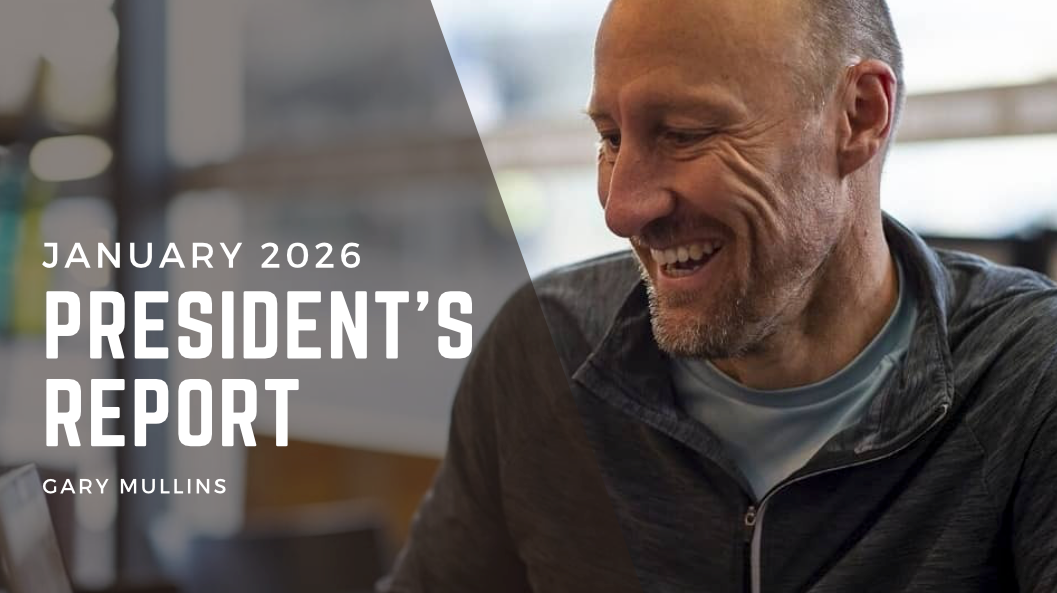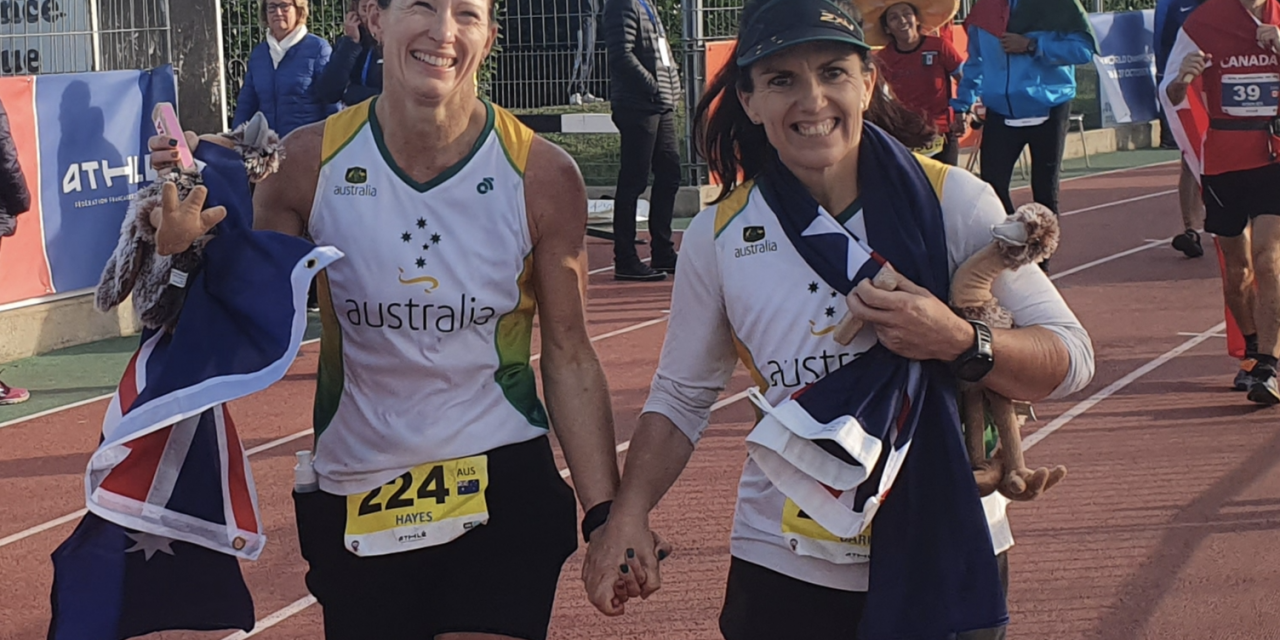
WHAT A DIFFERENCE A WEEK IN SPORTS MAKES
Contributed by Nicole Kew, AURA member
You often hear sports journalists say “What a difference a week in sport makes!”
I felt the true impact of this statement late last year. On 26 October 2019 at 9.55am I was standing on the start line of the World 24 Hour Championships in Albi, France surrounded by the world’s top ultrarunners. I was feeling as strong and as fit as I had ever been and I ticked all the boxes in training for the past six months. My coach, Andy DuBois, had created a training program that resulted in me achieving 10km, marathon, 50km and 6-hour PBs in training runs leading into the event. In my mind and my body I was ready for what lay ahead in the next 24 hours.
Fast forward a week later, I’m lying on the couch in my lounge room. I feel like I have been hit by a truck and my whole body feels as if it’s shutting down. I am exhausted; not just tired, but a bone-aching, mind numbing fatigue that sees me sleep for hours on end, wake for 15-20 minutes and then fall back asleep again. I am constantly nauseous. I can’t eat anything and I struggle to keep fluids down. I know I need to drink but if I have too much fluid it makes me vomit. And I am so sore. I have this pain in my quads that just won’t go away. I can barely walk and the effort required to do so deters me from moving from the couch.
How did I go from feeling so strong and fit a week ago, to feeling like this?
Unbeknownst to me, I was in acute kidney failure, a consequence of suffering rhabdomyolysis, also known as rhabdo. Like many ultrarunners, I have heard of itand thought I knew what it was. My understanding now is that rhabdo is the result of extreme muscle breakdown that releases the contents of skeletal muscles (creatine kinase (CK) and myoglobin) into the bloodstream. The kidneys can’t process these substances so when the myoglobin reaches the kidneys, it essentially begins to block them. Even if you are drinking, the kidneys can’t process the fluid and you begin to become dehydrated.
This can lead to a number of complications including hyperkalemia, compartment syndrome, acute renal injury and/or kidney failure, cardiac arrhythmias and/or cardiac arrest. If rhabdomyolysis is serious enough or not treated promptly it can be fatal.
Back to the race where the rhabdo began, the race started like any other 24 hour race. It was the World Championships, so a lot of runners went out hard early on. My strength is endurance, not speed so the key to my race was to pace it well early on and as the race progressed I began to make my way through the field in the second half.
What was different about this race was I felt like things were not quite right from very early on. Even though I was running well within myself in the first few hours, my quads began to ache before we had reached the six hour mark and they progressively got worse with each passing hour. I couldn’t work out why they were so sore. I don’t usually get sore quads in races. Hamstrings, glutes, lower back, hips, shoulders…just about every other part of me will be aching by the end of a 24 hour race but never the quads.
I mentioned it to my husband Greg, who is my crew for all my races and also an ultrarunner. We decided I would come in for a quick quad massage with the team physio at the five hour mark. When I jumped off the table there was a weakness in the quads and I had to walk half a lap of the course before I could shake off the feeling.
As the race progressed, the strength in the quads decreased and the pain in them increased. By the halfway mark, I was still on track for distance but I knew I had expended too much effort getting there and my legs were in no condition to continue for another 12 hours at my targeted race pace. I decided to back it off in the next six hours and hoped that I would be able to finish strongly in the last six hours.
However, the pain continued to increase to the point where I started to feel a jolt of pain in each quad with every foot fall. It felt as if the quad was collapsing each time I was trying to push off for the next step. At some point, I realised I hadn’t been to the toilet since early on in the race and it was only after the race finished that we discovered I had only urinated once in the 24 hours.
Post race, things didn’t get any better either. Instead of the pain in the quads reducing, it seemed to become worse. Nausea also increased and I found it difficult to eat or drink. Twelve hours after the race, I still hadn’t been to the toilet and I still felt fuzzy in the head, unable to think or concentrate properly.
The day after the race, I awoke to discover my quads were covered in bruises that looked like big tea-stained blotches. I had finally been able to go to the toilet and produced a concentrated, brownish urine which didn’t really surprise me. The bruising and colour of the urine were both signs of what was happening but unfortunately we didn’t realise how serious they both were at the time.
We flew back to Australia two days after the race and the trip was a complete blur.
I eventually presented to the doctor nine days later when none of my symptoms were improving. Blood tests revealed I was in acute kidney failure as a result of rhabdo and I was admitted to ICU, where I was hooked up to IV fluids, heart monitors, a catheter and compression boots. I had to have blood tests every few hours, was given IV fluids continuously and my heart was constantly monitored. I didn’t realise it at the time but my potassium levels were elevated from the rhabdo and the medical team were concerned I might experience cardiac arrhythmias which could lead to my heart stopping.
After days of hydration therapy, my blood tests results hadn’t deteriorated but they also hadn’t shown much improvement. I was in ICU for five days and then transferred to a medical ward for another two weeks before I was discharged. Once home, I found myself still on bedrest for another few weeks.
My recovery has been slow. It was four months before I was able to go back to work and longer before I was able to get back running with any consistency. I spent months having to have two to three naps a day. Returning to exercise was just as challenging and I felt like I had to start from scratch again. Short, slow walks where I looked like a tin soldier trying to move my legs. It was a slow process going from walking, to a run/walk/shuffle to eventually being able to jog for 5km (with walk breaks). As ultrarunners we are used to putting up with a certain degree of pain during training and races but I have to admit there were times post rhabdo where I actually wondered if I would ever get back to running again without feeling extreme pain in my legs.
We still don’t know why I got rhabdo. Both the kidney specialist and sports physician put it down to ‘a perfect storm’ of little things that on their own weren’t significant but combined may have contributed. It’s possible I wasn’t fully hydrated prior to the race; it’s possible I picked up a virus pre race; it’s possible the slightly warmer conditions may have impacted; it’s possible the twisty, windy nature of the course contributed to the muscle breakdown early on in the race; it’s possible having a number of massages during the race exacerbated the muscle breakdown that had already begun; it’s possible not being able to rehydrate and refuel post-race was a contributing factor; it’s possible getting on a plane two days after the race contributed to the dehydration process. What we do know is that the delay in receiving medical treatment for 10 days after the race was a major factor in the severity of the acute kidney injury.
Hindsight is a great thing. Looking back, the signs were all there but I just didn’t know what to look for so couldn’t recognise them. Had I known what was going on I would have stopped. I would have withdrawn from the race 100%. No race is worth risking your long term health or life over. The Kidney Specialists and Sports Cardiologist have both said I dodged a bullet and had I waited another 24 hours before presenting to hospital, the outcome would most likely have been very different.
The take home message is please don’t think it can’t happen to you. I was fully prepared for this race and had trained specifically for it in the previous six months. I have run multiple 24 hour races in the past without incident. I have an experienced crew and a tried and tested hydration and nutrition plan that has been successful in every other ultramarathon I have completed. You can tick all the boxes in training and leading into the race and things can still go wrong. Be aware of what the warning signs for rhabdo are, pay attention to your hydration levels pre race and during races, monitor your urine output and the colour and if you notice persistent, unusual pain don’t ignore it. Be careful if you are taking medications and check with medical experts whether they are suitable to take whilst running an ultramarathon. Rhabdo is serious, people die. It’s not something to push through or shake off. If you experience any of the symptoms, seek medical attention as soon as possible.
I think it’s important to remember at the end of the day it’s just running – it’s something we do because we love it but no race, finishing time or distance is worth dying for.
Pictured: Simone Hayes with Nicole Kew crossing the finish line at the 24hr World Championships. Photograph – Supplied.
